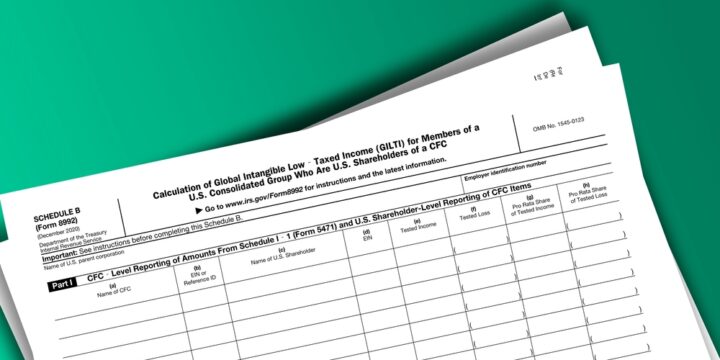
Planning Opportunities Available for Foreign Persons to Eliminate or Significantly Reduce Taxable Real Estate Gains through Shared Appreciation Loans and Income Tax Treaties
By Anthony Diosdi Foreign investors generally have the same goals of minimizing their income tax liabilities from their U.S. real estate as do their U.S. counterparts, although their objective is complicated by the very fact that they are not U.S. persons. That is, non-U.S. investors must be concerned not only with income taxes in the United States, but also income taxes in their home country. U.S. tax law contains the following two-pronged territorial system for taxing the U.S.-source income of nonresident individuals and foreign corporations: 1) U.S. trade or business profits- If a nonresident alien individual or foreign corporation is engaged in a trade or business within the United States, the net amount of income effectively connected with the conduct of that U.S. trade or business is taxed at the…








